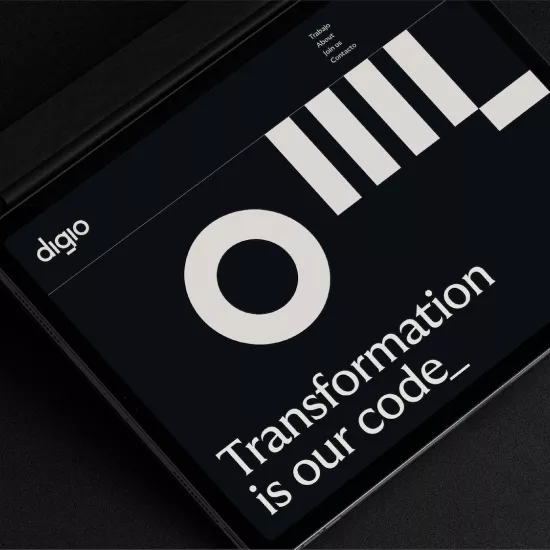In the realm of mobile application development, DIGIO utilizes both SDKs (Software Development Kits) and APIs (Application Programming Interfaces), two essential components that facilitate the creation of robust and functional applications.
SDKs: The Complete Toolkit
An SDK is a collection of software development tools that enable developers to build applications for specific platforms. Think of it as a complete toolkit equipped with everything needed to build a mobile application. SDKs typically include:
- Code libraries: Pre-written code modules that provide ready-to-use functionality.
- Technical documentation: Comprehensive guides and references that explain how to use the SDK's tools and functions.
- Code examples: Illustrative examples demonstrating how to implement various functionalities using the SDK.
- Emulators and debuggers: Tools for testing and troubleshooting the application during development.
APIs: The Communication Bridge
An API, on the other hand, is a set of rules and specifications that allow different applications to communicate and interact with each other. It acts as a bridge, enabling applications to exchange data and functionality. Imagine an API as a waiter in a restaurant: you (the application) make a request (query) to the waiter (API), who then relays the order to the kitchen (another application or system) and brings you your food (data or response).
SDKs vs. APIs: Key Differences
While both SDKs and APIs play crucial roles in software development, they differ in their scope and purpose:
- Scope: SDKs provide a more comprehensive set of tools for building complete applications, often including multiple APIs along with other utilities. APIs, in contrast, focus on enabling communication and data exchange between applications.
- Purpose: SDKs simplify the development process for specific platforms, offering pre-built components and streamlining complex tasks. APIs, on the other hand, provide a standardized way for applications to interact, regardless of their underlying technology.
DIGIO's Application of SDKs and APIs
DIGIO leverages both SDKs and APIs in its mobile application development projects, adapting their use based on the specific requirements of each application:
- SDKs for Platform-Specific Development: When developing applications for platforms like Android or iOS, DIGIO utilizes the respective platform's SDKs to access device features and functionalities. These SDKs provide the necessary tools to build native applications that integrate seamlessly with the target operating system.
- Open Banking APIs for Financial Services: In its Fintech and Banking as a Service solutions, DIGIO uses open banking APIs to enable secure and efficient access to financial data. These APIs facilitate the development of applications that offer services such as account aggregation, payment initiation, and financial data analysis.
Examples of DIGIO's Mobile Application Development
While the sources provide limited details about the specific SDKs used, they showcase a wide range of mobile applications developed by DIGIO, demonstrating their expertise in utilizing SDKs and APIs:
- Mijngeldzaken App (Personal Finance): DIGIO contributed to the international expansion of this Dutch Fintech application, which provides users with a comprehensive overview of their finances. The application likely uses open banking APIs to aggregate financial data from multiple sources and platform-specific SDKs for functionalities like push notifications and device-level security.
- Mi Yoigo App (Telecommunications): DIGIO developed and maintains this application for Yoigo customers, allowing them to manage their accounts, track their usage, and control their costs. The application likely utilizes SDKs provided by mobile operating systems for functionalities such as network connectivity management and device-specific optimizations.
- PaySplitter (Fintech): This platform enables instant payment splitting for services and products using PSD2 and Open Banking capabilities. The application likely uses a combination of open banking APIs for payment processing and account linking, and platform-specific SDKs for functionalities like user interface design and security implementations.
- RECIVA (Transportation): DIGIO designed a payment system for the transportation sector, allowing drivers to manage fuel expenses and other payments. This application may utilize APIs from payment gateways and financial institutions for secure transaction processing, and platform-specific SDKs for functionalities such as GPS integration and location services.
Conclusion
SDKs and APIs are fundamental building blocks of modern mobile application development. DIGIO, with its expertise in both, creates innovative and user-friendly applications across diverse sectors. As technology continues to advance, DIGIO remains at the forefront, leveraging the latest tools and techniques to deliver exceptional digital experiences.



